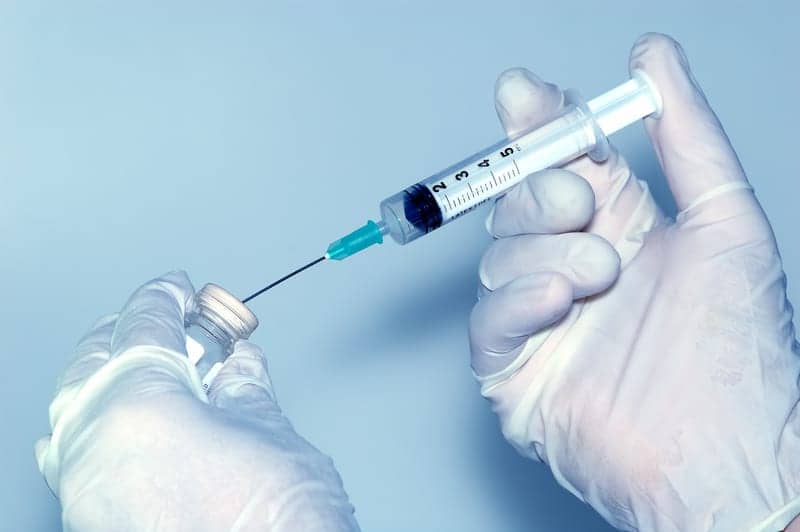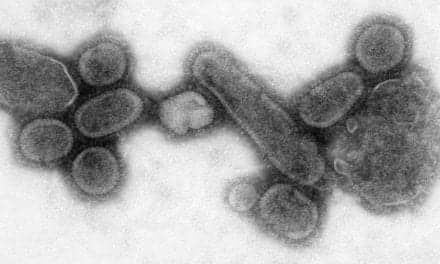A meta-analysis of seasonal and monovalent influenza vaccination studies suggested substantial variation in vaccine effectiveness across influenza types and subtypes, according to Healio.
Of the 3,368 identified publications, 56 were selected for full review and met the researchers’ eligibility criteria. These primarily were conducted within Europe and North America, and 93% were published after 2010. Of the 114 reported VE estimates, 30% were for seasonal vaccines against H3N2, 32% type B, 25% H1N1pdm09, 4% against H1N1 (pre-2009) and 9% for monovalent vaccine against H1N1pdm09.
Age-unrestricted analysis found high heterogeneity for VE against H3N2 and type B, but low heterogeneity for VE against H1N1pdm09. Pooled VE was variable between types and subtypes, ranging from 73% (95% CI, 61-81) for monovalent H1N1pdm09 and 33% for H3N2 (95% CI, 26-39). Furthermore, seasonal H1N1 (pre-2009) VE was 67% (95% CI, 29-85), seasonal H1N1pdm09 VE was 61% (95% CI, 57-65) and Type B VE was 54% (95% CI, 46-61). Analysis of H3N2 by antigenic similarity a showed variant VE 23% (95% CI, 2-40), while VE predominantly similar to the vaccine reference strain demonstrated 33% VE (95% CI, 22-43). Disparities in VE also were present when analyzing by age group.
The researchers noted some of the limitations of their analysis, such as the scarcity of eligible studies before 2009 and the growing evidence of previous seasonal vaccine’s effect on subsequent VE. However, they wrote these results demonstrate an immediate need to improve the effectiveness of poorly performing vaccines.
“We have shown that influenza vaccines provide substantial protection against H1N1pdm09, H1N1 (pre-2009) and type B, and reduced protection against H3N2,” Edward A. Belongia, MD, and colleagues wrote. “An accumulating body of evidence suggests that egg-based manufacturing is not optimal for H3N2 influenza viruses that are poorly adapted for growth in eggs. A crucial need exists for alternative vaccine technologies that generate greater protection against H3N2 than do current vaccines, and product-specific VE studies will be needed to assess their effect after licensure.”










